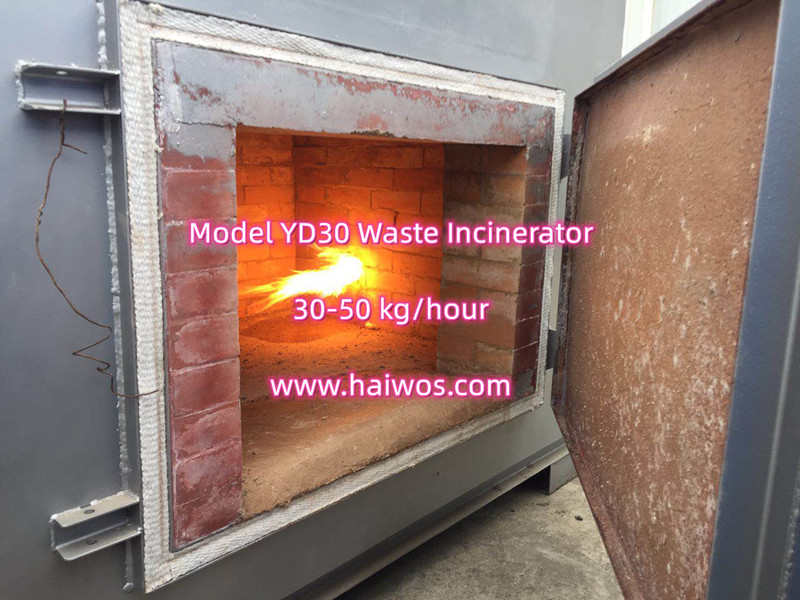Petroleum refineries are essential to the global economy, as they are responsible for converting crude oil into various products like gasoline, diesel, and jet fuel. However, the process of refining petroleum comes with its own set of environmental challenges. One of the most concerning issues is the emission of pollutants and greenhouse gases.
To address these concerns, many petroleum refineries are turning to incineration as a means of reducing their environmental impact. Incineration is the process of burning waste materials at high temperatures in the presence of oxygen. This results in the complete combustion of the waste, leading to the reduction of harmful pollutants and greenhouse gas emissions.
One of the key ways refineries are using incineration is by implementing advanced technology to treat waste streams and emissions. This includes the use of incinerators to combust hazardous waste, such as solvents and sludges, which are byproducts of the refining process. By incinerating these waste materials, refineries can minimize their environmental impact by reducing the release of harmful chemicals into the air and water.
Additionally, refineries are also utilizing incineration to control volatile organic compound (VOC) emissions. VOCs are a major contributor to air pollution and are released during the refining process. By using incineration, refineries can capture and combust these VOC emissions, preventing their release into the atmosphere.
Another area where incineration is making a difference is in the treatment of refinery off-gases. Off-gases are produced during various refining processes and can contain a variety of pollutants, including sulfur compounds and nitrogen oxides. Refineries are using incineration to treat these off-gases, which helps reduce the emission of harmful pollutants into the air.
In addition to reducing emissions, incineration also helps refineries reduce the volume of waste they produce. By burning waste materials at high temperatures, incineration can significantly reduce the amount of waste that needs to be disposed of in landfills or through other methods. This not only helps refineries manage their waste more efficiently but also reduces the environmental impact of waste disposal.
While incineration has proven to be an effective tool for reducing environmental impact, refineries must ensure that they are implementing the technology in a responsible and sustainable manner. This includes adhering to strict regulations and standards for emissions control and waste management, as well as investing in advanced incineration technology to maximize efficiency and minimize environmental impact.
Overall, the use of incineration in petroleum refineries is playing a crucial role in reducing the industry’s environmental impact. By treating waste streams, controlling emissions, and minimizing waste volume, refineries are taking important steps towards a more sustainable and environmentally friendly future. As technology continues to advance, it is expected that incineration will play an even greater role in helping refineries meet their environmental goals.



